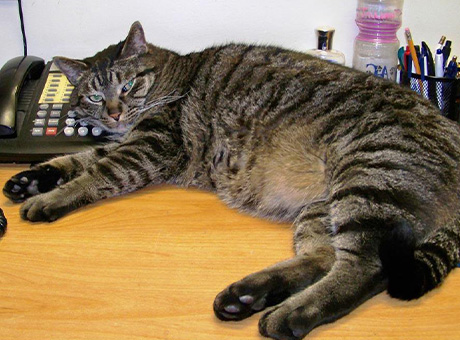
Senior Optimum Wellness Program
So you can know that you are giving your aging pet the best care possible, we have put together a Senior Optimum Wellness Program. This yearly package includes our recommendations for pets seven and older for one price. Included in the package are diagnostics to screen for diseases of the heart, kidneys, liver, urinary tract, and more. Many symptoms that are considered “just part of aging” can be improved with age-optimized nutrition, medications, or other treatment options.
Senior Pet Arthritis
Is arthritis preventable? In many cases it is! Although some breeds and lifestyles can cause your pet to be predisposed to osteoarthritis (OA), preventative measures can help your pet avoid it or decrease the pain associated. Getting stiff and painful does not have to be just a part of getting older. There is no cure for arthritis, but there are many ways to improve mobility and relieve the pain it causes. We have a multi-modal approach to arthritis management for our pets.


